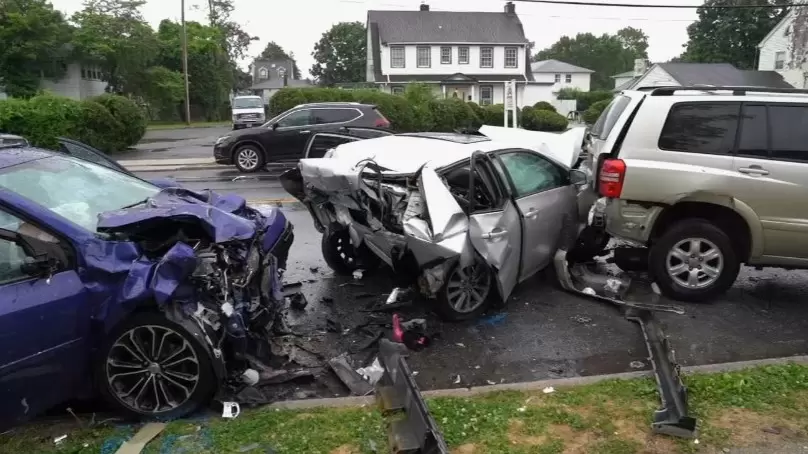It’s a worry that looms large for many drivers. What if one silly mistake behind the wheel leads to losing your home? While being held financially responsible for injuries or damages caused in a car crash is certainly possible.
The thought of losing your house over it may be overblown for most situations. Let’s take an in-depth look at the legal process that would need to unfold and the various factors that influence the outcome, to better understand your true risks and options.
The Other Party Must First Decide to Sue You:

For your house to be in any kind of danger after an at-fault car accident, the injured party would need to initiate a lawsuit seeking monetary damages from you.
This is far from a given according to insurance claims data, only about 10-20% of car accident victims actually file lawsuits.
Many choose to work with insurance for a negotiated claims settlement instead. Some key considerations that go into the suing decision include the types and extent of injuries involved, potential lost wages or ongoing medical costs projected and whether you have enough liability insurance coverage or personal assets to make legal action worthwhile.
If a lawsuit is filed, you would be served with a complaint and have a chance to formally respond and potentially mediate or settle the matter before moving towards trial.
If the case proceeds to a jury or bench trial where you are found primarily at-fault car accident and a significant damages award is rendered against you, this is where your homeowner worries would begin but there is still a multi-step process before any property could actually be seized in enforcement of the judgment.
Protecting Your Home Starts with Judgment Debtor Exams:

Even after a money judgment, the plaintiff who won the lawsuit becomes what’s known as a judgment creditor they are owed the money, but do not have an automatic right to take your house or other property directly.
The judgment creditor’s attorney would need to schedule one or more judgment debtor examinations, where you are required under oath to provide information on your assets and ability to pay. You have a few key defenses at this stage:
- If you have sufficient income and non-exempt assets like vehicles, tools of the trade or stocks/bonds to satisfy the debt, the judgment creditor may be able to choose to seize those things instead of your house. Many states also provide generous homestead exemptions protecting a certain amount of home equity from judgment creditors.
- In some cases, a court may approve a payment plan for you to address the debt over time without property seizures if you demonstrate inability to pay all at once. Other options like negotiating a settlement or declaring bankruptcy may also represent last resort to save the house.
Case-by-Case Factors Like Property Ownership and Equity Come Into Play
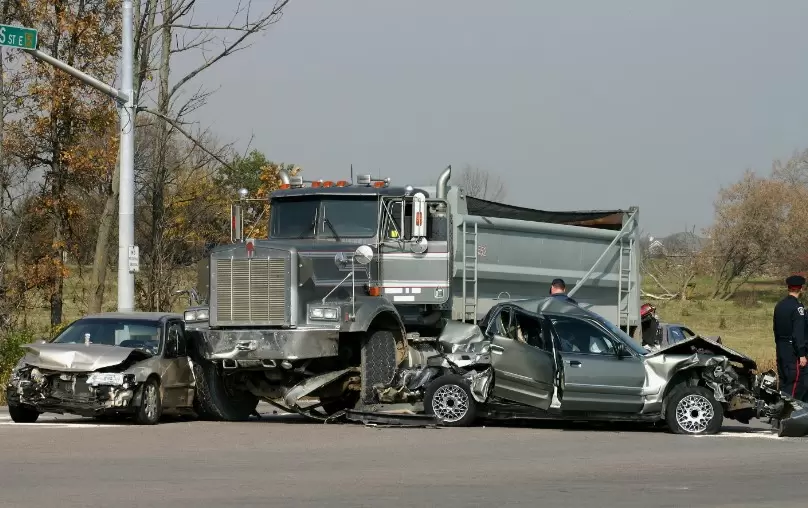
It’s important to remember that no two at-fault car accident cases have identical circumstances. Your specific type of property ownership, whether the property is fully paid off or has a mortgage balance still owed and level of equity accumulated all get weighed in the decision.
For example, community property states like California provide greater protections against losing a house owned jointly by spouses over one spouse’s individual debt.
Additionally, as long as you maintain sufficient outstanding debt on a mortgaged property, the house may not represent a clean asset that judgment creditors can pursue until refinancing or sale.
And the law also distinguishes between your primary residence versus other real estate like investment or vacation homes when it comes to exemptions.
These nuanced factors are where an attorney can offer valuable guidance tailored to your situation if losing your house does become a real threat down the road.
Table 1: Homestead Exemption Amounts by State

| State | Homestead Exemption Amount |
| Texas | $250,000 (no dollar limit) |
| Florida | $1 Million |
| Iowa | $100,000 |
| Kansas | $60,000 |
| Tennessee | $25,000 |
As shown in the table above, different states provide very different levels of financial protection for home equity via homestead exemptions.
While Texas offers unlimited protection for its residents, Tennessee residents only get the first $25,000 shielded. This variance demonstrates why it’s critical to research your particular state’s law if judgment execution against real estate becomes an issue.
Case Studies: Outcomes Depend on Many Unique Details
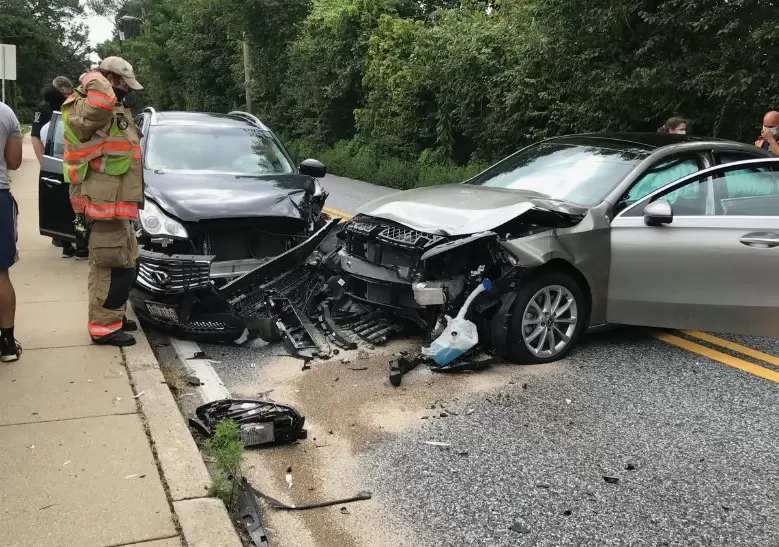
To further illustrate how outcomes hinge on specific personal circumstances, consider these examples:
- John owned his modest $80,000 home in Virginia free and clear with $30,000 in home equity at the time of his accident. Virginia’s homestead exemption is only $5,000, so the judgment creditor could likely force sale of the property to collect most of the $25,000 judgment awarded.
- Sarah lived with her husband Steve in their $400,000 California home, which they purchased 10 years ago and currently have $200,000 in equity. Since California is a community property state, and Steve was not involved in the accident, the creditor would probably be unable to touch their jointly owned residence due to Sarah’s individual debt.
- Michael had $150,000 left on his $250,000 mortgage when he was sued over an accident. While his state only exempts the first $75,000 in equity, the fact that substantial mortgage debt remained likely means the creditor would pursue garnishing Michael’s wages instead of trying to sell the house with such little remaining equity.
As these examples illustrate, the same accident outcomes may have very different implications depending on multiple variables in a person’s financial world.
Working with a local attorney knowledgeable about these state-specific judgment collection details remains invaluable when real property ownership complicates large accident claims.
Losing Your House over a Crash Remains Highly Unusual

While in some worst-case scenarios home loss is theoretically possible, homeowners should take comfort that the odds remain quite low for most at-fault car accident drivers.
As one personal injury attorney notes, the multiple hurdles creditors must clear make pursuing a private residence difficult in practice, and settlements are a much more frequent resolution.
Additionally, required liability auto insurance coverage exists to address compensation for serious injuries without risking people’s homes or livelihoods.
Overall, responsible drivers with adequate policies in place should feel secure that one traffic accident won’t typically come back to haunt them by costing their roof over their heads.
Approaching any legal matters patiently and working constructively with lawyers on both sides also greatly improves chances of finding solutions mutually agreeable for all involved.
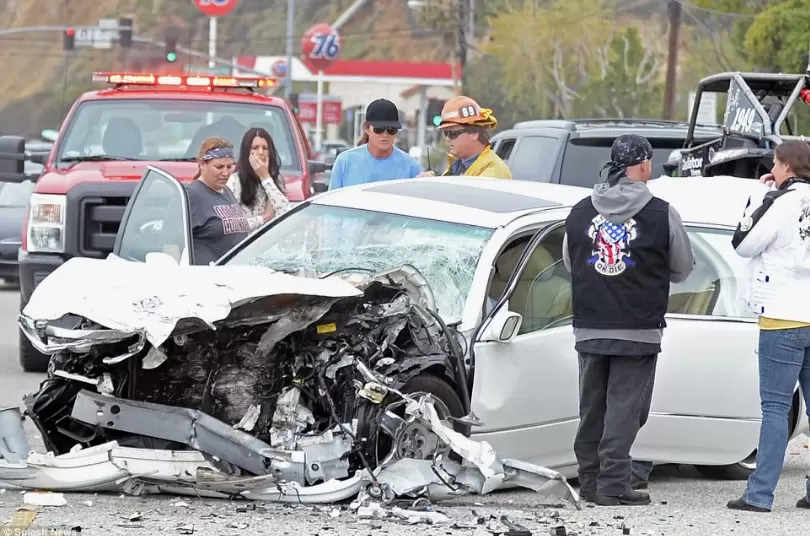
FAQ:
Q: Can I lose my house due to an at-fault car accident in California?
A: your personal assets, including your house, may be at risk.
Q: Do most accidents happen close to your house?
A: 77% of motor vehicle crashes happen within 10 miles of the person’s home.
Q: What happens if I’m at fault in a car accident in the UK?
A: your insurance company will pay for the other motorist’s vehicle repairs or replacement.
Q: What happens when a car accident claim exceeds insurance limits in CT?
A: contact an attorney right away.
Q: What is the most common accident in the home?
A: Falls.
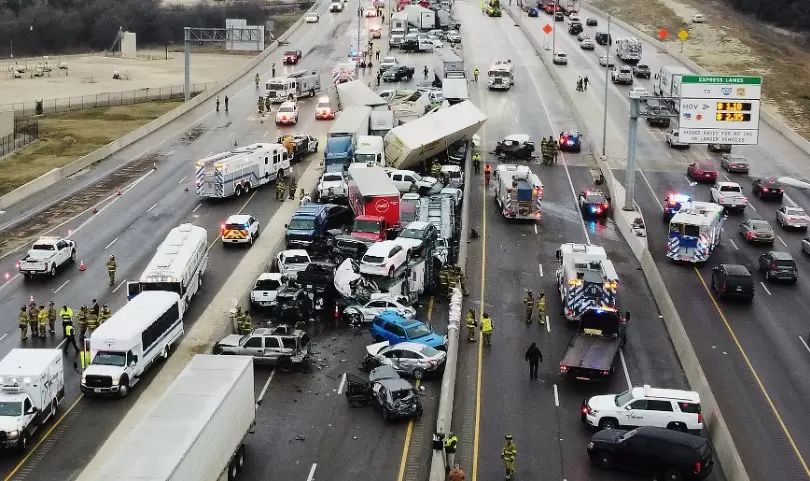
Conclusion:
In summary, the complicated interplay of state laws, exemption clauses, debt and equity positions, ownership structures, available tactics like bankruptcy and other distinctive factors in each personal situation dictate how much financial risk an at-fault car accident truly poses to someone’s homeownership.
While the possibility technically exists on paper for property to be pursued, overall most people need not live in fear that one lapse in focus behind the wheel could lead down a path ending in eviction.
With prudent precautions and responsible handling of any legal issues that arise, home stability can usually remain secure even after a traffic collision for which you are to blame.

With over 5 years of dedicated experience in the automotive industry, I am passionate about all things automotive. My journey began with a deep curiosity for automobiles, which led me to delve deeper into their mechanics, technology and trends. My expertise spans various aspects of the automotive world, from the latest electric vehicles to classic car restoration techniques. Through my articles, I aim to share my knowledge and insights, helping readers stay informed and inspired in the fast-paced world of the automobile.
